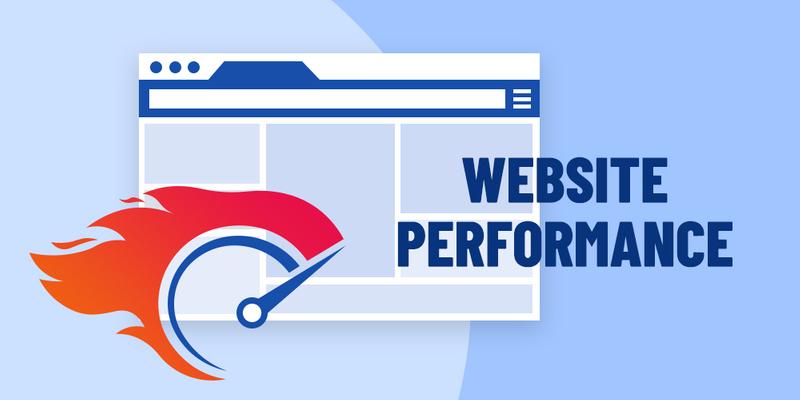
1. Introduction
In the digital age, a website’s performance is pivotal to its success. It encompasses various elements, including loading speed, mobile responsiveness, and user experience. A high-performing website engages users effectively and contributes significantly to a brand’s credibility and visibility.
2. Factors Impacting Website Performance
Loading Speed
The speed at which a website loads directly influences user satisfaction. Slow-loading pages often increase bounce rates, affecting user retention and conversions.
Mobile Responsiveness
With mobile usage surpassing desktops, a website must be optimised for various devices. Responsive design ensures seamless user experiences across different screen sizes.
User Experience
Intuitive navigation, clean layouts, and accessibility create a positive user experience. Websites that prioritise user-centric design elements tend to perform better.
3. Role of Web Development Services in Enhancing Website Performance
Engaging web development services can be instrumental in enhancing a website performance and web design.
Customised Development Solutions
Tailored solutions address specific performance issues, providing a unique edge to a website’s functionality.
Optimisation Techniques
Implementing optimisation techniques, such as efficient coding practices and streamlined structures, contributes to improved performance.
Responsive Design Implementation
Developers ensure websites adapt effortlessly to diverse devices, elevating user experiences and bolstering performance.
4. Benefits of Improving Website Performance
Enhancing website performance yields multifaceted benefits for businesses.
Enhanced User Engagement
Improved performance captivates users, encouraging prolonged interaction and fostering trust.
Higher Conversion Rates
Faster loading times and seamless experiences often translate into higher conversion rates and sales.
Improved SEO Ranking
Search engines favour high-performing websites, leading to better visibility and ranking on search engine result pages (SERPs).
5. Critical Strategies for Website Performance Enhancement
Minimising HTTP Requests
Reducing the number of requests made to a server enhances loading speed significantly.
Optimising Images and Multimedia
Optimised media files maintain quality while reducing load times.
Implementing Caching Techniques
Caching mechanisms store frequently accessed data, accelerating subsequent page loads.
Code Minification and Compression
Streamlining code by removing unnecessary elements minimises load times and boosts performance.
6. Measuring Website Performance
Various tools and metrics help evaluate and enhance website performance.
Tools for Performance Analysis
Utilise tools like Google PageSpeed Insights and GTmetrix to assess performance and receive actionable insights.
Metrics to Evaluate Performance
Metrics like Time to First Byte (TTFB) and First Contentful Paint (FCP) gauge a website’s loading performance.
7. Case Studies: Successful Website Performance Enhancements
Explore real-life examples showcasing remarkable improvements in website performance through strategic development interventions.
8. Conclusion
In a competitive online landscape, optimising website performance is imperative. Leveraging web development services to fine-tune loading speeds, enhance user experiences, and implement efficient strategies can catapult a website’s success.
9. FAQs
- How do slow-loading websites impact user engagement? Slow-loading websites often lead to higher bounce rates, diminishing user engagement and conversions.
- Why is mobile responsiveness crucial for website performance? With the surge in mobile browsing, a responsive design ensures seamless experiences across diverse devices, bolstering user satisfaction.
- What role does SEO play in website performance enhancement? SEO-friendly websites rank higher on search engine result pages due to their optimised performance, driving increased organic traffic.
- Are there free tools available to measure website performance? Tools like Google PageSpeed Insights and GTmetrix offer free evaluations to assess and improve website performance.
- How quickly can website performance improvements impact business outcomes? Gains in website performance, such as faster loading times and better user experiences, can immediately positively impact conversion rates and user engagement.
Writer Bio
I am Neha Shafiq– a certified SEO copywriter, affiliate marketing consultant, and on-page SEO specialist helping businesses establish and sustain their online presence. Cutting to the chase, my love of words and writing started almost from the time I first began to read.
Over the years, I’ve gone from reading other people’s words to writing my own, which, luckily, people like to read. I feel proud to count myself as a Splash Sol Tech writer – a team that empowers its writers to grow, thrive, and achieve milestones together. I work here as a web copywriter and love the freedom I get.







